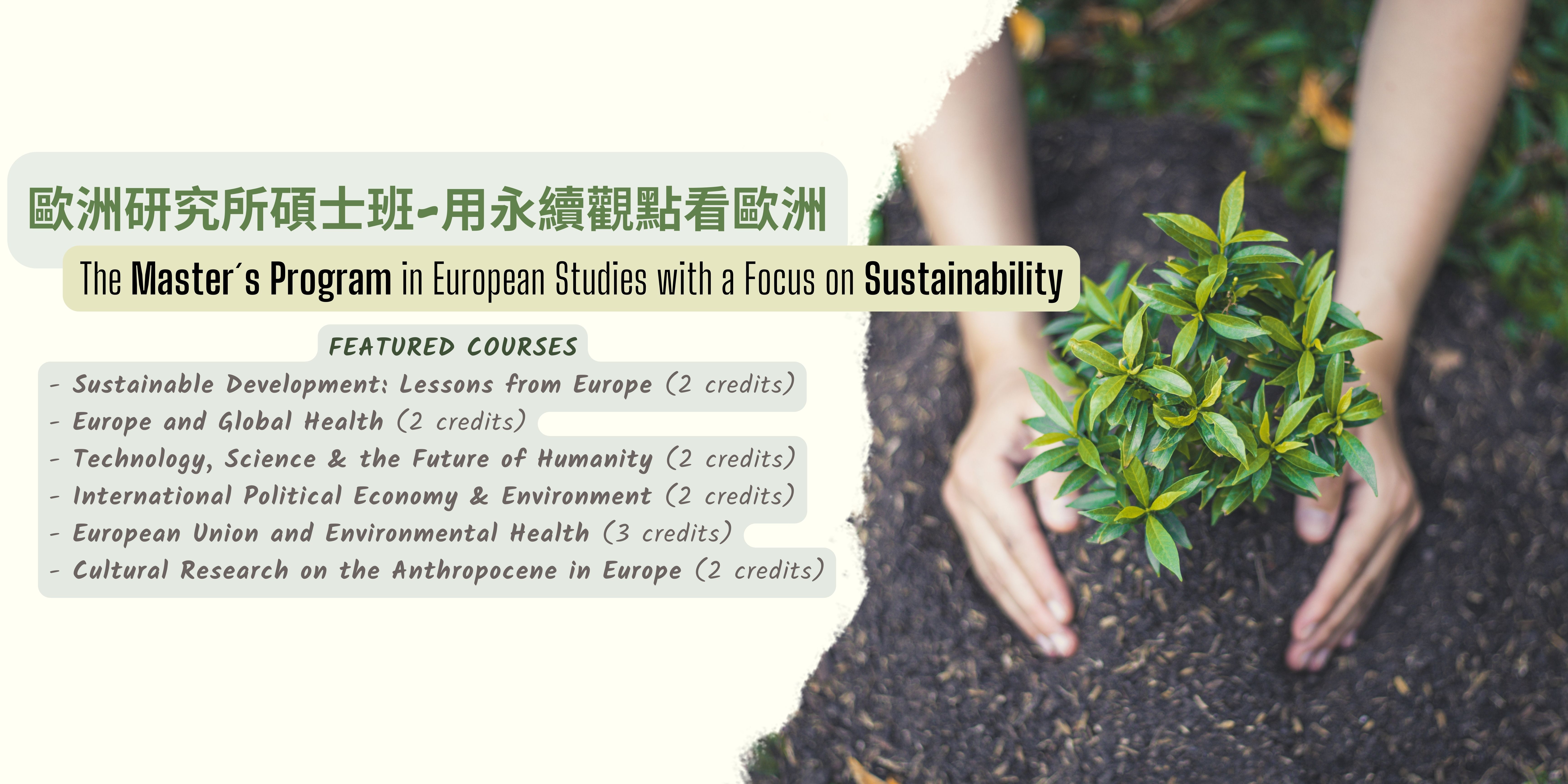【公告】本所羅文笙教授 (Vincent Rollet ) 於 Taipei Times 發表新文章 Using weakness to attend the WHA
發布日期 2018-04-17 09:43:00
本所羅文笙副教授日前於Taipei Times 雜誌發表新文章,文章如下:
"Using weakness to attend the WHA"
This year, Taiwan’s efforts to participate in the 71st World Health Assembly (WHA) that is to take place in Geneva, Switzerland, from May 21 to May 26 have so far been concentrated on two main aspects: Taiwan’s contribution to global health, in particular through its humanitarian and medical assistance in numerous countries, and Taiwan’s experience in healthcare that might be valuable to the WHO, which considers universal health coverage a key priority.
While using Taiwan’s strength and concrete contribution to public health as an argument to be invited to the next WHA is perfectly legitimate and represents the approach followed by supportive countries and regional organizations to petition or to speak up in favor of Taiwan’s participation at the next WHA, past experiences show that such a strategy, although strongly supported by civil organizations, has a rather limited effect on the WHO-Taiwan relationship.
Indeed, since the beginning of its isolation from the WHO in 1972, Taiwan has witnessed a warming of its relations with the international organization only on two occasions.
First, in 2003, when then-WHO director-general Gro Harlem Brundtland agreed to send experts to Taiwan to help the nation contain SARS, despite strong opposition from Beijing.
Second, in 2009, when after the acknowledgment of the so-called “1992 consensus” and the resulting “one China” principle by former president Ma Ying-jeou (馬英九) and his government, Taiwan received an invitation from the WHO — and was allowed by Beijing — to attend the 62nd WHA as an observer under the name “Chinese Taipei.”
While this second situation is inconceivable under President Tsai Ing-wen (蔡英文), who does not recognize the existence of the “1992 consensus,” the first circumstance represents an interesting starting point for the development of a complementary dimension to the Taiwanese strategy to attend the next WHA.
Indeed, in 2003, the determining factor for the WHO to work with Taiwanese authorities was actually the difficulty Taiwan had dealing with a transnational health issue, namely the SARS epidemic. Taiwan’s weakness was determinant in the WHO’s decision to cooperate with Taiwan.
While the argument of Taiwan’s potential weakness to deal with influenza A virus subtype H5N1 due to its exclusion from the WHO has been extensively used by Taiwanese health and diplomatic authorities to convince the WHO to invite Taiwan to attend the WHA, the absence of any H5N1 outbreak in the nation clearly diminished it.
However, today, another transnational health issue remains a major weakness in the domain of public health, namely air pollution. Confirming such an enduring weakness, which has major implications for Taiwanese citizens’ health, is a report from the Legislative Yuan that recently concluded that Taiwan has been unable to deal efficiently with particulate pollution over the past few years (“Legislature’s report shows nation’s lax pollution standards,” April 7, page 3).
Therefore, while campaigning to attend the next WHA, Taiwan would be well advised to invoke its persistent difficulties in dealling with an issue that is considered by the WHO’s executive board (document EB142/12) as a top global risk to health for causing about 6.5 million deaths a year worldwide.
Indeed, there is no reason why Taiwan should work alone to deal with such a transnational health issue. It would not make any sense for an international organization that promotes “health for all” to ignore Taiwan’s difficulties in dealing with a health issue that might be seen as similar to an epidemic if the words “virus” is replaced with “airborne particulates” (PM2.5 and PM10) and “outbreaks” by “pollution peaks”.
原文連結:
http://www.taipeitimes.com/News/editorials/archives/2018/04/12/2003691140






